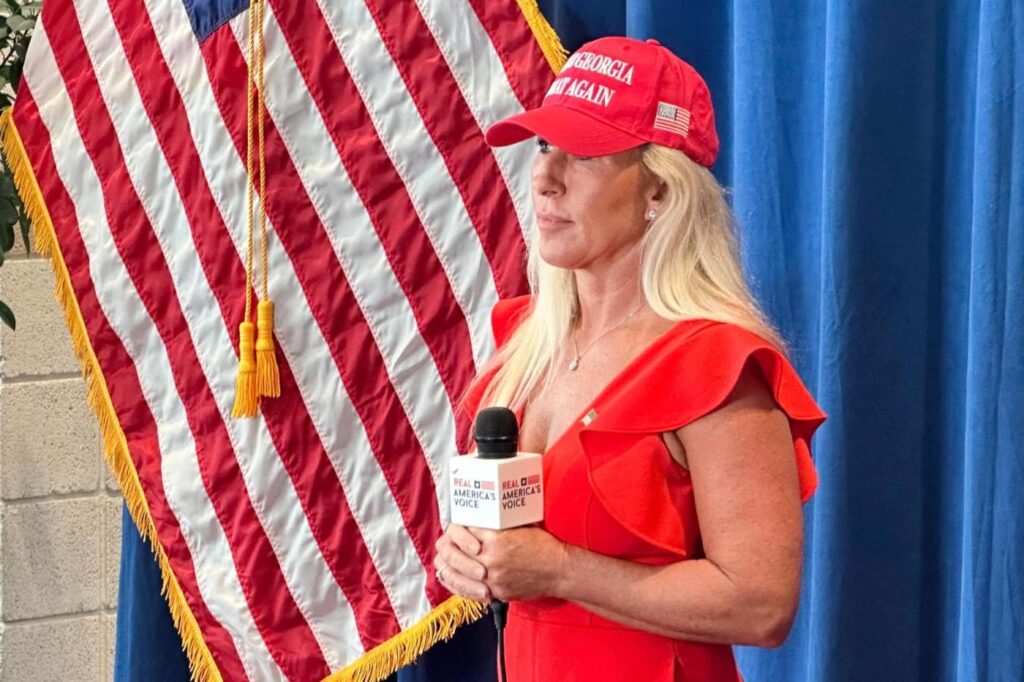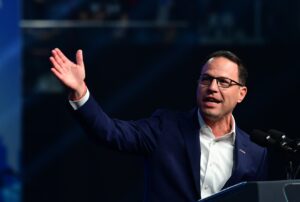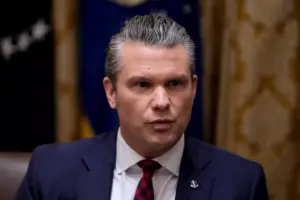
President Donald Trump has sparked significant backlash from segments of his support base following his suggestion to expand the number of Chinese students allowed to study in the United States. During recent discussions in the Oval Office and a cabinet meeting, Trump proposed potentially welcoming as many as 600,000 Chinese students, which would more than double the current 270,000 Chinese students studying in the U.S.
Trump expressed his appreciation for international students, stating, “I’m honored to have the students from China come here. And we’re just getting along very well with China.” He emphasized the importance of these students to many U.S. colleges, particularly those outside the elite tier, which he claimed would face financial difficulties without the full-tuition contributions from international students.
The president’s remarks sharply contrast with the administration’s established visa policies. In May 2023, Marco Rubio, the U.S. Secretary of State, announced a strategy to “aggressively revoke visas” for Chinese nationals associated with the Chinese Communist Party, as well as for those studying in sensitive fields. Rubio described this strategy as part of an “America First” policy aimed at enhancing national security.
During the cabinet meeting where Trump made his comments, Rubio sat nearby, and the president sought to reassure attendees of their alignment on this issue. “With that we check and we’re careful and we see who’s there — and Marco wants that. We spoke and we’re in the same position,” Trump stated.
The timing of these comments is notable, as U.S.-China trade negotiations continue amid heightened tensions between the two nations. The president’s suggestion has drawn ire from some conservative figures who view the expansion of Chinese student visas as a threat to American students.
Rep. Marjorie Taylor Greene from Georgia took to social media platform X, questioning, “Why are we allowing 600,000 students from China to replace our American students’ opportunities? We should never allow that.” Conservative commentator Laura Loomer also criticized the proposal, stating, “Now that we are importing 600,000 CCP spies, what’s the point of American students going into STEM?”
Historically, China has been a leading source of international students in the U.S., alongside India. The presence of Chinese students contributes significantly to campus diversity and financial stability for many institutions. Notably, Xi Jinping, the President of China, has ties to American higher education, as his daughter graduated from Harvard University in 2014.
As the debate over student visas continues, the implications of Trump’s comments will likely resonate across both political and educational landscapes in the United States.







